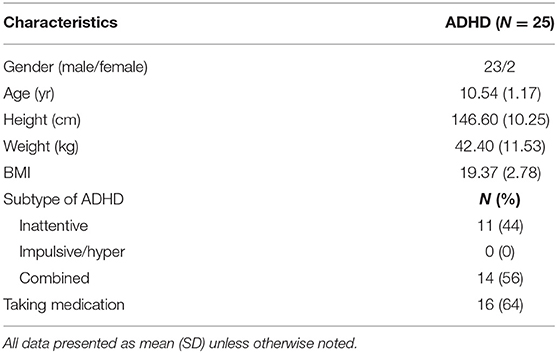In conclusion, the landscape of ADHD treatment is evolving, with new strategies providing hope for individuals seeking to improve their focus and overall quality of life. Healthcare advancements suggest a hopeful future for individuals living with ADHD. Comprehensive ADHD strategies enable success in both personal and professional realms.
In conclusion, while ADHD presents unique challenges regarding focus and attention, there is hope in the form of emerging strategies that go beyond traditional medication. A combination of behavioral therapies, technological tools, physical activity, mindfulness practices, and dietary adjustments offers a comprehensive approach to improving focus for those affected by ADHD. As awareness of these methods continues to grow, individuals with ADHD can look forward to a future marked by enhanced concentration and productivity.
One effective mindfulness technique is breath awareness. This practice involves focusing on the rhythm of one’s breath, which can help ground individuals in the present moment. For those who struggle with racing thoughts or impulsivity, taking a few minutes each day to engage in deep breathing can create a sense of calm and clarity. Experts recommend finding a quiet space, closing one’s eyes, and inhaling deeply through the nose, holding the breath for a moment, and then exhaling slowly through the mouth. This simple yet powerful practice can serve as an anchor to regain focus when distractions arise.
One of the most effective mindfulness techniques for managing ADHD is focused breathing. This simple yet powerful practice involves taking deep, intentional breaths while concentrating on the sensation of air entering and leaving the body. By directing attention to the breath, individuals can anchor themselves in the present moment, reducing racing thoughts and promoting relaxation. For many, dedicating just a few minutes daily to focused breathing can yield significant improvements in concentration and emotional stability.
In conclusion, mindfulness techniques offer valuable tools for individuals managing ADHD. By fostering awareness, enhancing focus, and promoting emotional regulation, these practices can empower individuals to navigate daily challenges more effectively. As awareness of ADHD continues to grow, integrating mindfulness into treatment plans presents a promising avenue for improving quality of life for those affected by this condition. Whether through breath awareness, body scanning, mindful movement, or utilizing technology, the journey toward enhanced focus and emotional balance is within reach.
Seeking Professional Guidance
Therapists and experts provide critical ADHD management guidance. Personalized ADHD strategies are often developed with the help of professionals. CBT helps ADHD patients manage symptoms through coping techniques and thought restructuring. Medication can also be an option, and a healthcare professional can assist in determining the best course of action.
In recent years, growing attention has been paid to Attention Deficit Hyperactivity Disorder (ADHD) and its impact on individuals’ ability to focus. A condition that affects millions worldwide, ADHD is characterized by symptoms such as inattention, hyperactivity, and impulsiveness. However, recent studies and innovative strategies are shedding light on effective methods to enhance focus and productivity for those living with ADHD.
Traditionally, individuals with ADHD have relied on medication as a primary form of treatment. Stimulants like methylphenidate and amphetamines are commonly prescribed to manage symptoms. While these medications can be effective for many, they are not a panacea. Side effects, varying efficacy, and concerns about dependency have led researchers and clinicians to explore alternative strategies.
Research has shown that mindfulness techniques can have a profound impact on individuals with ADHD. Studies indicate that regular mindfulness practice can enhance attention span, increase emotional regulation, and improve overall well-being. Mindfulness exercises, such as meditation, deep breathing, and body scanning, help individuals cultivate a greater awareness of their thoughts and feelings, enabling them to respond to situations with greater clarity and control.
Attention Deficit Hyperactivity Disorder (ADHD) affects millions of individuals worldwide, often making it challenging to maintain focus, manage impulses, and regulate emotions. While traditional treatments such as medication and therapy remain crucial, an increasing number of individuals with ADHD are turning to mindfulness techniques to help enhance their concentration and emotional regulation. These practices provide practical strategies to cultivate awareness and focus in daily life, offering a holistic approach to managing ADHD symptoms.
CBT for ADHD Management
Cognitive-behavioral therapy is gaining attention for its effectiveness in ADHD treatment. CBT targets harmful thought patterns to improve ADHD symptoms. Recent studies have shown that patients who engage in CBT report improved focus and organizational skills, which are crucial for academic and professional success. Dr. Sarah Mitchell highlights CBT’s role in helping ADHD communication tips patients set goals and manage challenges.



















